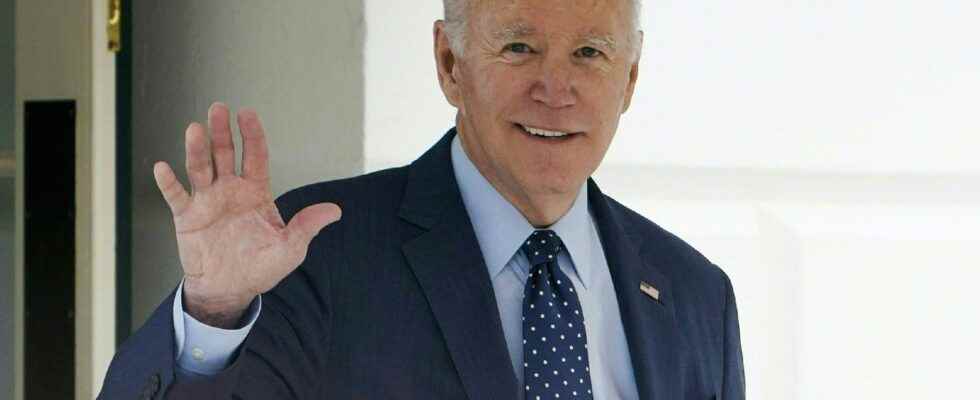In the United States, student loans are legion to pay for expensive higher education, both private and public. The price for a year can sometimes soar to tens of thousands of dollars and many Americans struggle to repay their loan once in working life. Joe Biden hoped to be a game-changer for many households, announcing last August the partial cancellation of student debt for people earning less than $125,000 a year. But many conservative states opposed it, judging that the Democratic administration is committing “taxpayer money without having asked for it”.
Seized twice, the Supreme Court of the United States thus examines from this Tuesday this flagship measure of Joe Biden, whose economic stakes are staggering: between 300 and 400 billion dollars. If America’s highest court agrees with the Democratic president, nearly 44 million Americans could see $10,000 to $20,000 off their student loan debt. The nine wise men of the institution will question during a highly anticipated hearing the representatives of the Biden administration who want to lighten the slate of millions of borrowers, and the detractors of this program who denounce a costly abuse of power. Their judgment, expected before June 30, will have a direct impact on the finances of former students but not only: the high court, firmly anchored in conservatism, could take advantage of this file to limit the president’s room for maneuver.
26 million files submitted
If Joe Biden has fulfilled any of his campaign promises, his predecessor Donald Trump has given him a slight boost. At the start of the pandemic, in the spring of 2020, as the economy went into hibernation, the administration of Republican President Donald Trump suspended the repayment of these credits under a 2003 law allowing “relief” for credit holders. student debt in the event of a “national emergency”. The measure has been renewed without interruption until the end of 2022.
In view of the resumption of monthly payments, President Biden wanted to go further and announced that he would erase 10,000 dollars from the slate of borrowers earning less than 125,000 dollars per year, and 20,000 dollars for former scholarship holders. Eligible candidates rushed. A total of 26 million files have been filed, according to the White House.
Justice, however, blocked the implementation of this plan after being seized by a coalition of Republican states, but also by two students not eligible for the 20,000 dollar discount. They accuse the Democratic administration of having exceeded its powers under the pretext of the pandemic and of having committed taxpayers’ money without consulting parliamentarians. For them, the 2003 law covers the freezing of the debt and not its cancellation.
Opposition from some conservative states
“The Court must again prevent the government from invoking Covid-19 to seize power far beyond what Congress could have conceived,” wrote the state of Nebraska and its allies in a statement. arguments transmitted before the hearing. “We are sure we have the legal authority” to act, retorted Monday during a press briefing the spokeswoman for the White House, Karine Jean-Pierre, recalling that the ultimate goal of the program was to ” breathing space for tens of millions of Americans.” In January, the Secretary of State for Education explained that the country could “not return to the broken system before the pandemic, when a million borrowers defaulted on loans each year and the “interest snowball effect meant that millions of people ended up having to pay more money than they originally borrowed”.
In an attempt to avoid a snub, the Democratic government argues that the plaintiffs were not entitled to take legal action since they “did not suffer any prejudice”. He asks the Court to dismiss their complaint on this basis, without ruling on the merits. The high court has, however, already inflicted several setbacks on the Biden administration, invalidating measures taken to block rental evictions during the pandemic or forcing certain populations to be vaccinated.
